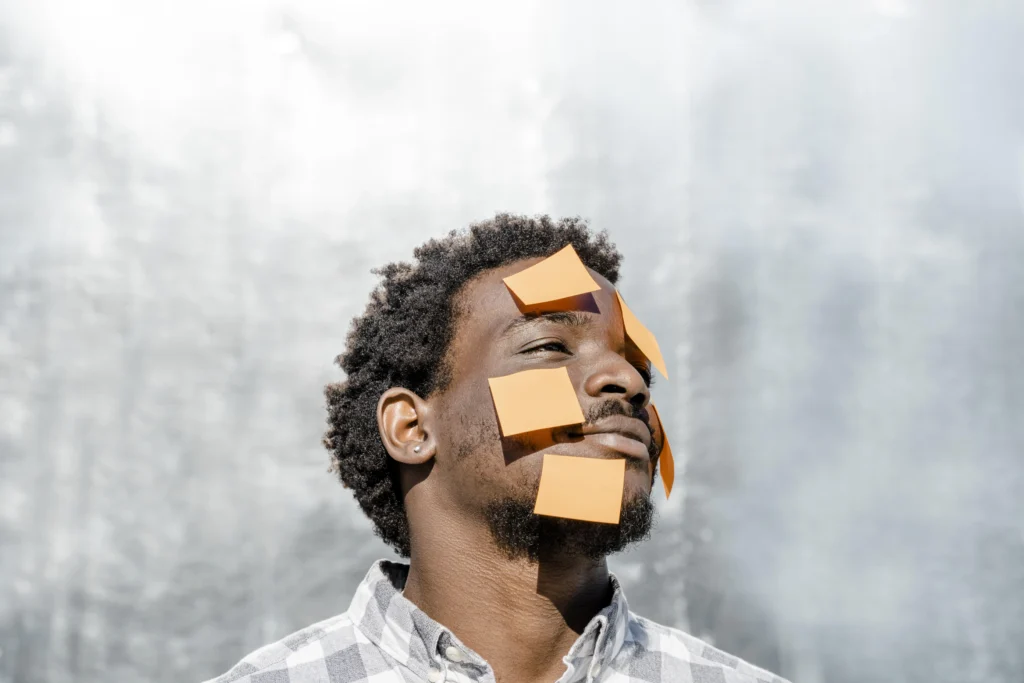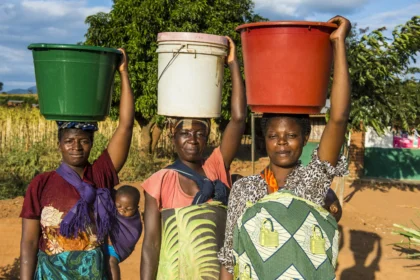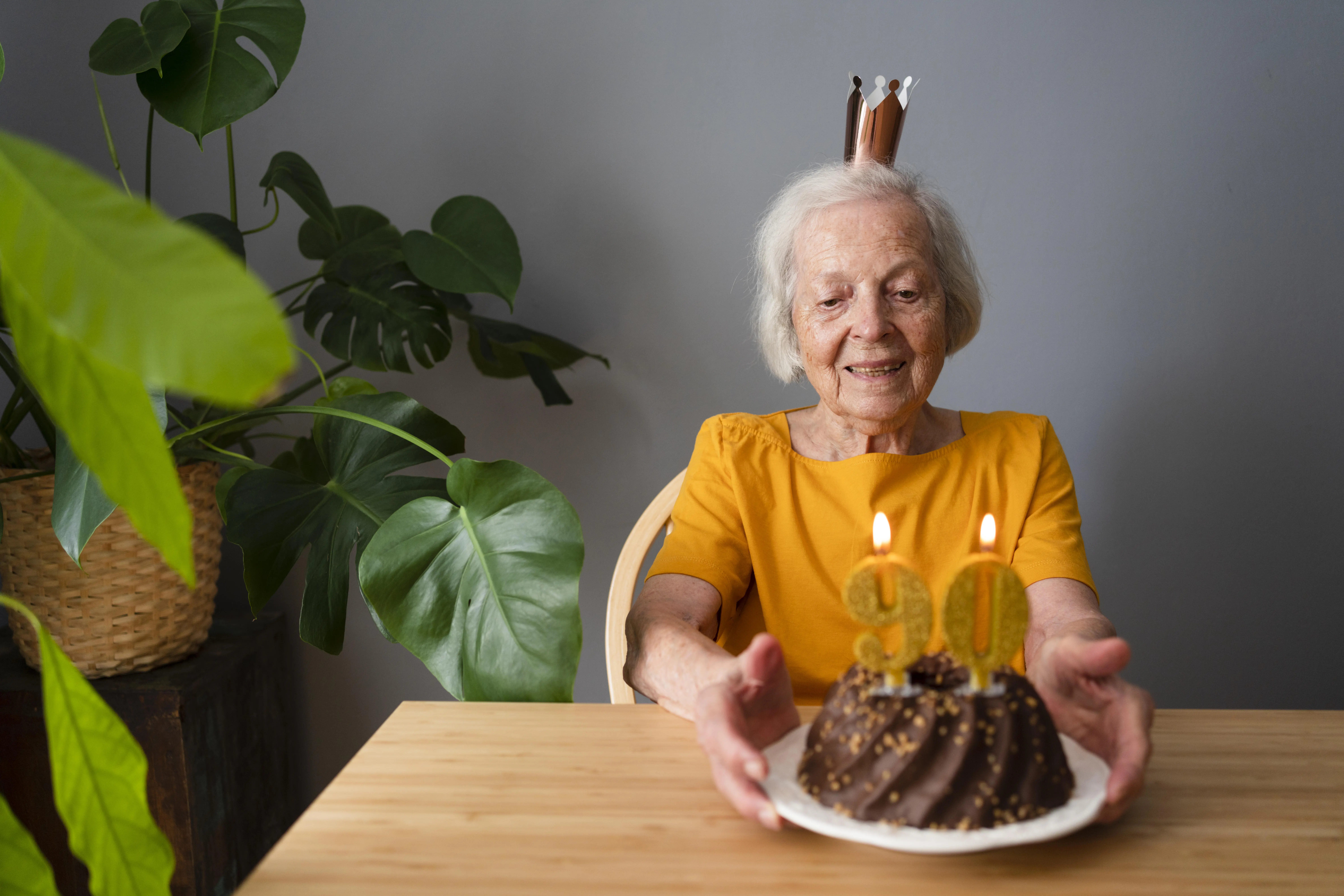Don’t speak: The evils of taboos

Taboo is a simple-sounding word, yet capable of causing significant damage to individuals and societies.
When you think of a so-called taboo, probably the first thing that comes to your mind is that of one particular moment, the moment when you wanted something, but rather the community’s opinions and beliefs stopped you from achieving it. This is how much the power of taboos can break and damage human beings. Taboos have affected our mental health, have limited our freedom of expression, and, most importantly, taken away our rights.
It is wrong to talk about taboos while ignoring the fact that the main role of taboos is to put certain people in advantaged positions while pulling others down. Talking of taboos, there are two main areas that they are derived from. The first is traditional or cultural beliefs and the other one is religious beliefs. Every time I reflect on this, there are several questions on my mind. The most confusing being: Why are there practices and norms so hazardous to human beings, and yet people of all cultural backgrounds trust so much in them while disregarding the high risks that come along with them, such as self-denial?
Contrary to the concern on the dangers of taboos, the truth is they also unite people. Certain beliefs turn out to be taboos, but at the same time serve as identities for other groups of people, ethnics and even religion, e.g. genital clipping which is otherwise considered as genital mutilation.
Taboos in African communities
Sexual orientation is one the biggest topics in African communities. While it is all about who a person feels attracted to, there are hot debates going on regarding LGBTQ. In my community most people find homosexuality unaccaptable, therefore it is forbidden for a man to feel sexually attracted to a fellow man, and the same applies to women as well. Why? Is homosexuality wrong? Well, I do think as human beings we have the right to express ourselves in a way that is best for us. The fact is this is not true for many others. Even today, gay people do not enjoy the same freedom as straight people in my community because they are afraid of being bullied or in some other cases even get physically assaulted. Thus, they themselves deny or ignore what in fact is who they are.
Also, in most African communities, old people have been victims of taboos. Some people consider old people as witches. I have personally witnessed an old woman being accused of using witchcraft. Should anyone feel insecure and unsafe at an old age? This woman became so isolated to the point that no one could associate with her in any way, she was bullied in the community until an organization that helps old people moved her to an elderly settlement. It is a shame that some people do not acknowledge the fact that the entire essence of living is growing, but yet are so ready to label and torture even old people. If old people are not abandoned after reaching a certain age, if they are cared for and shown love, I bet no one would call them names, hence making societies conducive for everyone regardless of their birth date.
And it does not end here. In the Luba tribe, for instance, it is accepted that the man must always be superior to a woman. A man cannot do house chores or do the laundry, unlike the woman. This practice signifies that women are nothing but rather servants of the husband. I do hold on to mutual responsibility in a household where partners are supportive in all activities at home. What I find tormenting is the fact that women are seen as inferior to men, therefore even in the house wifes do not have a say: Don’t speak!
Dismantling taboo tradition to build stronger communities
Taboos have always defined collective ways of life, but they have also silenced many voices, killed many dreams, and destroyed many lives. Thus, the best way to handle taboos is to dismantle these destructive traditions. But how do we break something that has been part of our lives for so long?
In my point of view, the reason why taboos still exist nowadays is due to a lack of access to civic education. This world can be a peaceful place for every individual, if only opinions that belittle others, discriminate against others, and cause depression in young people are officially eliminated, once and for all. Possibly through emancipatory administrative decision-taking as well as adaptive legislation. But also stories, podcasts, and even radio programs tend to shift the mindset of the general public attached to these outdated practices and beliefs.
It is true that most people find a sense of belonging in their cultural beliefs and practices. But shouldn’t those norms and attitudes be fair and just to everyone? I truly believe that what’s learned can be unlearned, but only if we are willing to embrace change, departure from our old ideas, and reject supposedly wrong behaviour. Taboos have a big role in African communities to promote injustice, gender inequalities, and segregation.
It takes great courage to stand against these opinion makers. The Kasai tribe has assumed that the tribe’s men must always marry amongst themselves, heterosexually, claiming that marrying a woman from another tribe cannot lead to a sustainable marriage. This claim has existed for so many years until it has finally been challenged by the young generation who have even excelled in marriages after marrying other tribes.
(You can find the German translation here/ Die deutsche Übersetzung dieses Beitrags findet sich hier)

